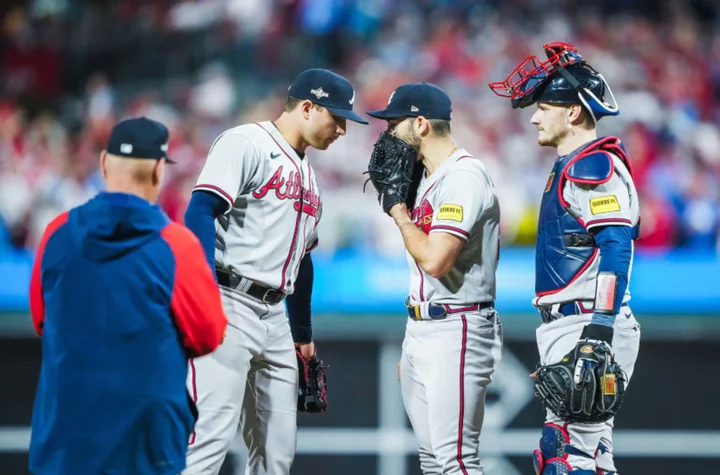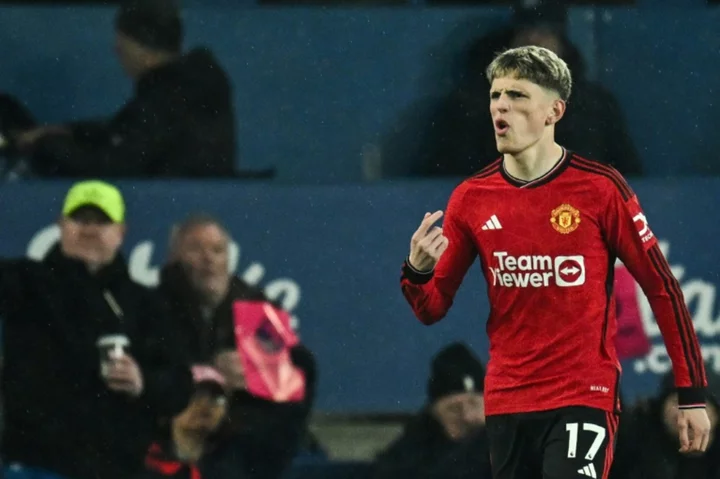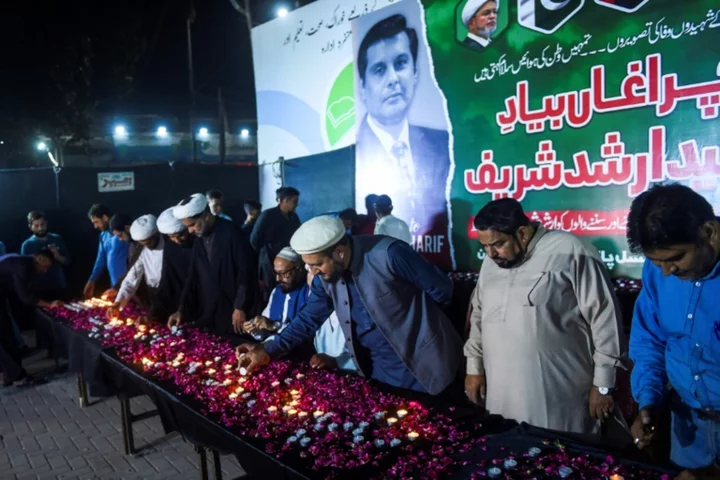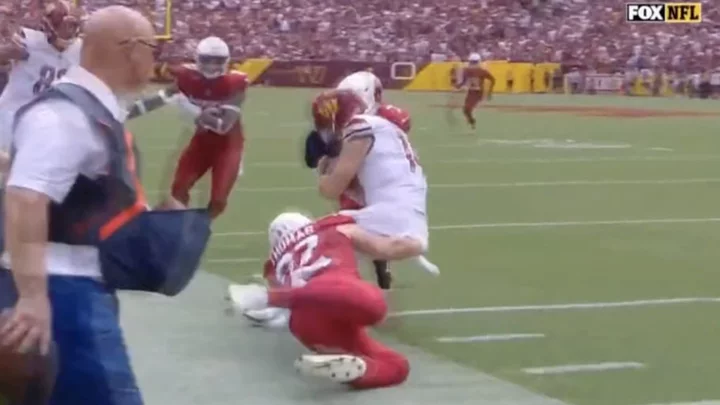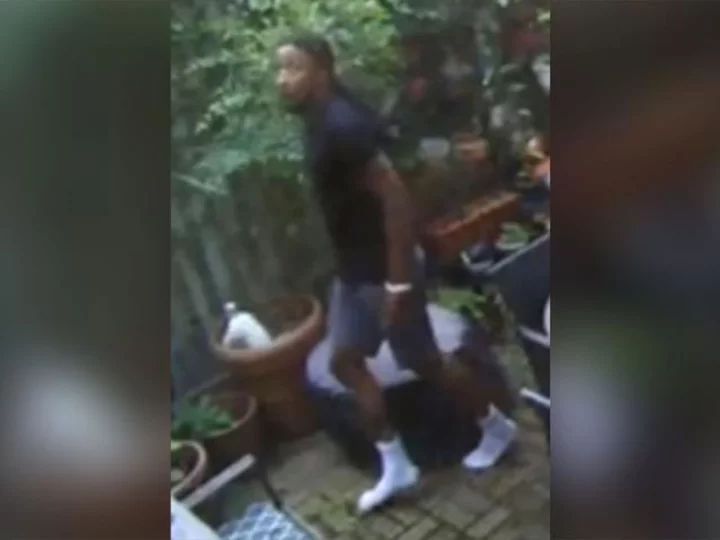104 regular season wins. 1 postseason win.
That is not the way the Atlanta Braves drew it up. It's not how anyone in their right mind predicted the postseason going for a Braves team that looked like it was one of the strongest teams built in recent memory. Most thought the National League would be a cakewalk, their first true test due to come out of the American League in the penultimate series of the year.
Instead, the Braves find themselves out after four games to the same team that upset them last year.
While plenty of functional aspects of the team simply flamed out and stopped working at the wrong time altogether, there were cracks in the foundation that really started to show during the postseason. This may have been one of the strongest teams ever built, but years from now hardly anyone will remember that fact given their postseason failure.
Here are three weaknesses that were clear as day this postseason, but only visible after intense examination during the regular season.
Pitching depth was a clear concern
Yes, the Braves were missing some crucial pieces of their starting rotation due to injury, but there were also weaknesses showing in the starting rotation even at full health. Atlanta had some Cy Young competitor starters, but even those players had some weaknesses show throughout the year.
Brian Snitker was forced to give Bryce Elder the start in Game 3. Elder, an inexperienced pitcher in his first playoff game ever was entirely outmatched. He has great movement on his pitches that at first glance appeared to be enough to get the job done... But once the sun went down and the batter's eye in center field wasn't glazed with auburn light, it was clear batters were going to take him for a ride.
Elder got great playoff experience, but the lack of pitching resources forced the Braves hand and forced them into this corner.
Left field was a huge issue for the Braves
I understand the groans from fans after seeing Kevin Pillar starting in Game 4. He boofed it at the plate and his lack of aggression on the base paths may have been the moment any possible momentum disintegrated from the Braves hands entirely.
Brian Snitker will take the blame for this one, but truly, what was the man to do?
Eddie Rosario had been the de facto starter in left field the last few games. Rosario's bat was as bad, arguably worse than Pillar's in the postseason, and his hustle in left field was worthy of a benching.
This has nothing to do with Snitker being a bad manager making poor choices and everything to do with one of the few weaknesses this Braves roster had on the offensive side of things.
Ultimately, the entire offense failed so badly that it's not even fair to hone in on this and say it lost the Braves the game. If you're relying on Eddie Rosario or Kevin Pillar to get your hits, something has gone drastically wrong.
It's not the Braves' fault that Rosario didn't prove to have the longevity they hoped for, and that he couldn't recapture some 2021 magic in 2022 or 2023. But it is the team's fault for not contingency planning. In the postseason, a minor foundational crack can become a gash if other key pieces fail. That's exactly what happened to the Braves on this one.
Ground balls were sure to kill the Braves eventually
Offensively, if there was anything to point to during the regular season that might become a postseason issue, ground balls looked like the most likely thing. Of course, pointing this out as an in-season issue would have garnered you confused looks considering the Braves had 307 home runs, more than 50 more than the No. 2 Los Angeles Dodgers.
Yet, the Braves were top-10 in ground ball rate. They were also fifth in times grounded into double plays, a stat that is slightly cherry-picked since you need to have runners on base in the first place to qualify, so it technically favors bad teams.
This series was taken away by Philly in the air and in Citizens Bank Park, where home runs can jump out of the field in an instant. Atlanta couldn't keep up with that pace in part because they had so many balls on the ground.
Here's how the launch angles looked on average, game-by-game:
The Braves won the fly ball game in just Game 1, losing it in Games 3 and 4. The 10-2 game makes a lot more sense when you look at it this way...
They failed to get above 15 percent in even one game on average. Losing home field advantage and giving the Phils not only an energetic home crowd but also a favorable field for home runs when they were lifting balls out of the stratosphere was a massive disadvantage the Braves offense just couldn't pace with given their propensity for putting balls on the ground.
If the Braves want to get back, they have to address these issues.

